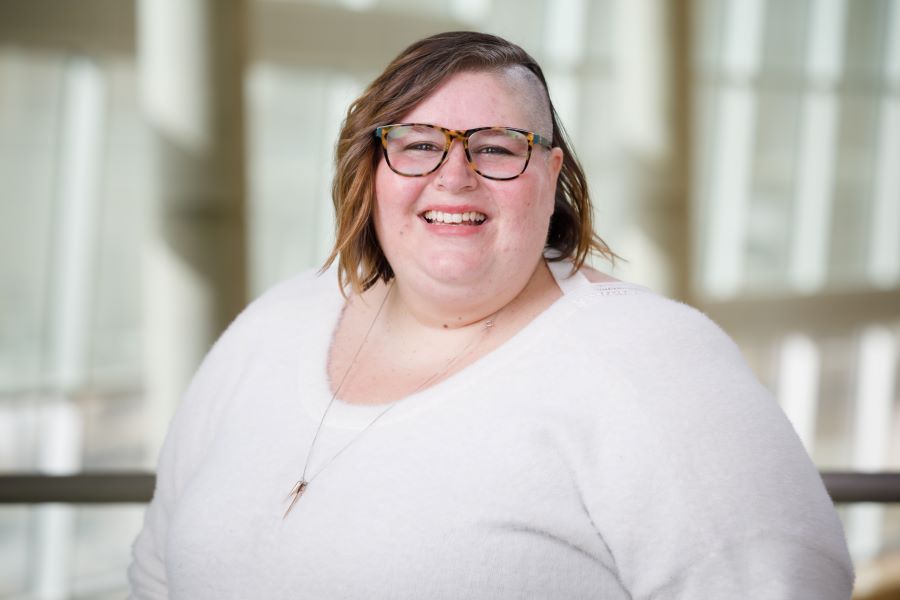Hematopathology Fellowship
Our one-year hematopathology fellowship offers an option of a second year designed to train academically oriented physicians in all aspects of hematology and hematopathology. Only trainees who are board eligible or certified in both anatomic and clinical pathology are accepted into the program.
The fellowship is directed and coordinated by Drs. Joseph Khoury and Neha Gupta. The program includes all current aspects of clinical and laboratory hematology, with emphasis on the development of a basic understanding of hematologic disorders and the appropriate application and utilization of laboratory procedures and methods in the diagnosis of these disorders.
The program is coordinated with a busy hematology and oncology service and includes active participation in regularly scheduled clinical and laboratory teaching conferences. Our goal is to train fellows with excellent interpretive skills and consultative and managerial abilities in laboratory hematology. Investigative research, either clinical or basic, is required during the fellowship.
Fellows are expected to present their research at national meetings and publish original papers in peer-reviewed journals during the fellowship period. This program is Accreditation Council for Graduate Medical Education accredited.
From the Directors
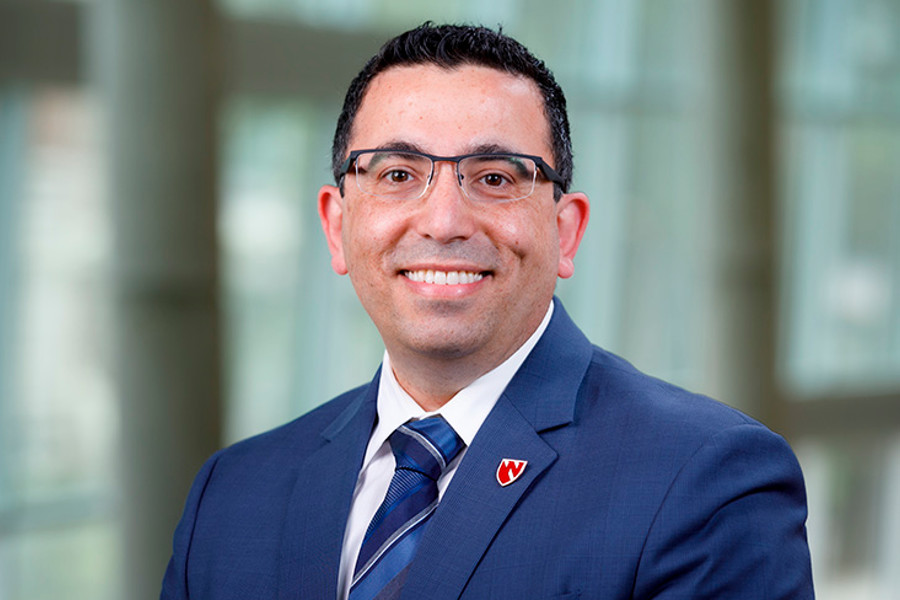
Joseph Khoury, MD, Director
Our program is structured to give fellows clearly defined and graduated responsibilities and delegated authority.
The two-year track is particularly suitable for academically oriented pathologists, as sign-out responsibilities occur in the second year.
Weekly conferences include Lymphoma and Myeloma Multidisciplinary, Leukemia Tumor Board, Hematopathology Case Review and Flow Cytometry. Monthly conferences include Journal Club, Molecular Case Review and Clinical Pathologic Correlation.

Neha Gupta, MBBS, Associate Director
The hematology laboratory rotation provides understanding and expertise in the theory, methodology, application and clinical interpretation of "wet" hematology and coagulation tests. Fellows review all abnormal blood smears and fluid cytopreparations, and interpret tests such as coagulation panels. The fellows act as a liaison between the laboratory and the clinical staff, and they investigate interesting or abnormal laboratory findings. The fellow may also participate on internal medicine consultative teams that evaluate and manage hospital hematologic and coagulation problems, attend clinical hematology conferences, and participate in selected hematology clinics (ie., Hemophilia Clinic).
Didactic/discussion group sessions and assigned reading materials on the various aspects of laboratory administration and management are provided, and fellows are involved in the day-to-day managerial and quality assurance aspects of the laboratory. The fellows attend laboratory management meetings and review quality control and quality assurance data, as well as incident reports. The hematology and coagulation laboratories are excellent facilities, with modern instruments for the study of hematologic disorders, and are approved by the College of American Pathologists. Ongoing research in hematology test development and clinical application occurs in the laboratory, with emphasis on coagulation. The medical center is a tertiary care referral center for patients with hematologic and oncologic disorders, and it provides a large volume and rich variety of material for specialist trainees.
As part of the heme fellowship program, house officers will actively participate in conferences within the program and the department, as well as throughout the UNMC campus.
The hematopathology fellows may attend the Resident Didactic Conferences when the topics are pertinent. We invite our nationally recognized faculty within our department and across campus, as well as guest speakers in pathology, to share their knowledge and interact with our house officers. In addition, heme fellows participate in interdisciplinary conferences such as Lymphoma and Bone Marrow Conference.
There are other interdisciplinary conferences that fellows can participate in, such as Grand Rounds.
A full-time salary with excellent benefits will be provided. Salary and benefits will be commensurate with the level of postgraduate training.
- $1,000 professional development allowance per fellow for the support of academic books, board examinations and continuing education
- Fellows are encouraged and supported by the department to present at scientific meetings. The department funds up to $2,500 in travel to professional meetings where the fellow presents their research.
- Weekday lunch stipend of $10 per day
- Convenient covered parking
- House officer wellness lounge
- A UNMC identified lab coat and a set of black scrubs
- Access to Immunoquery, ExpertPath and PathPrimer; ASCP-Rise study sets; WHO series; and Biorender
We are accepting applications for the 2025-2026 and 2026-2027 academic years. Applications will be accepted until Dec. 31, 2024.
Details on the match process are located here: Society for Hematopathology and The Match. Only trainees who are board eligible or certified in either or both anatomic and clinical pathology are accepted into the program.
Applicants must submit a complete application package to Dani Blum. The application includes a Standardized CAP Fellowship Application Form, a curriculum vitae, a personal statement, United States Medical Licensing Examination summary sheet showing results (parts 1, 2 and 3), AP/CP board certification (if applicable), dean's letter, medical school transcript, medical school diploma and three letters of recommendation. The personal statement should include a brief overview of the applicant's interests, related prior experiences, and long-term career goals. The three letters of recommendation should include one letter from the applicant's current program director, and two from other physicians who know the applicant well, preferably one hematopathologist. International medical graduates must also submit a copy of their valid Educational Commission for Foreign Medical Graduates (ECFMG) certificate and be eligible for a J-1 visa, if necessary.
Only complete applications are reviewed for possible interview.
View the video to hear more about our program.
Current Fellows
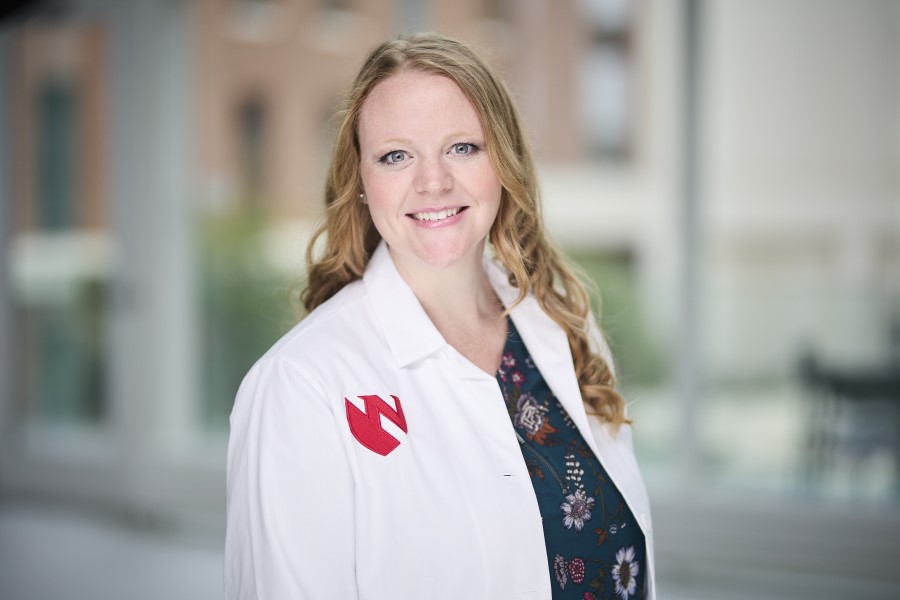
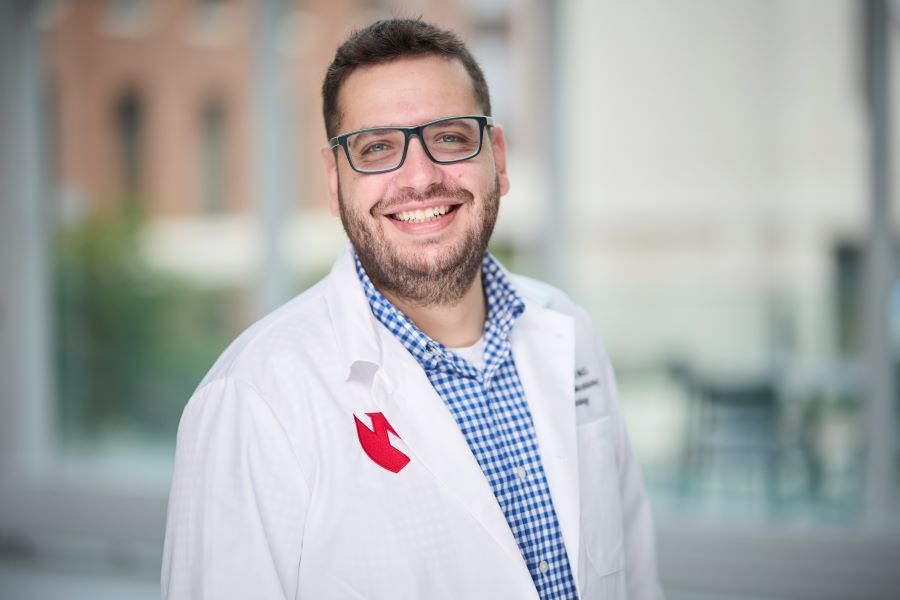
Alumni
2023-2024
Ketav Desai, MD, Molecular Genetic Pathology Fellow, University of Nebraska Medical Center, Omaha, NE
2022-2023
Brent Harbaugh, DO, Faculty, University of Arkansas for Medical Sciences, Little Rock, AR
Phillip Mingola, MD, III, Staff Pathologist, Arkansas Pathology Associates, Little Rock, AR
2020-2022 (2 year track)
Jeffery (John) Cannatella, MD, Assistant Professor, University of Nebraska Medical Center, Omaha, NE
2020-2021
Roberto Silva Aguiar, MD, Faculty, Louisiana State University Health, Shreveport, LA
2018-2020 (2 year track)
Katrina L. Lancaster-Shorts, MD, Associate Pathologist, Swedish Medical Center, Englewood, CO
2019-2020
Warda Ibrar, MD, Attending Pathologist, Mercy One Hospital, Sioux City, IA
2018-2019
Karine Turcotte, MD, PhD, Faculty, Anatomic Pathologist, Hôpital du Saint-Sacrement, CHU de Québec, Quebec, QC, Canada; Faculty of Medicine, Université Laval, Quebec, QC, Canada
2017-2018
Joshua LeClaire, DO, Staff Pathologist, Fargo Veterans Affairs Health Care System, Fargo, ND; Staff Pathologist, Thunder Bay Regional Health Sciences, Ontario, Canada
Jianping Lin, MD, PhD, Staff Pathologist, Midwest Regional Medical Center, Zion, IL
2016-2017
Ana Yuil-Valdes, MD, Associate Professor, University of Nebraska Medical Center, Omaha, NE
2015-2017 (two-year track)
Stefan Costinean, MD, Staff Pathologist at ClinPath, Tempe, AZ
2015-2016
Natalie Freed, MD
Guiyuan (Gwen) Li, MD, PhD, Staff Pathologist, Cook Children’s Pathology and Laboratory Medicine, Fort Worth, TX; Faculty, Creighton University Medical Center, Omaha, NE
2014-2015 (two-year track)
Mei Zheng, MD, PhD, Staff Pathologist, Nuclear Medicine & Pathology Associates, Augusta, GA
2012-2014 (two-year track)
Radwa El Behery, MD, Staff Pathologist, Integrated Oncology, Phoenix, AZ
Jane Yuan, MD, PhD, Faculty, Hematopathology, University of Nebraska Medical Center, Omaha, NE; Faculty, Mayo Clinic, Rochester, MN
2011-2012
Javier Laurini, MD, Faculty, South Alabama College of Medicine
2010-2012 (two-year track)
Anamarija Perry, MD, Faculty, University of Michigan, Ann Arbor, MI
2009-2011 (two-year track)
Gabriel Caponetti, MD, Faculty, Creighton University School of Medicine; Faculty, Perelman School of Medicine, University of Pennsylvania, Philadelphia, PA
2007-2009 (two-year track)
Keni Gu, MD, PhD, Staff Pathologist, Pathology Consultant Physicians, Greenville, SC
2007-2008
Stephen Hooper, MD
*First position after fellowship is listed.
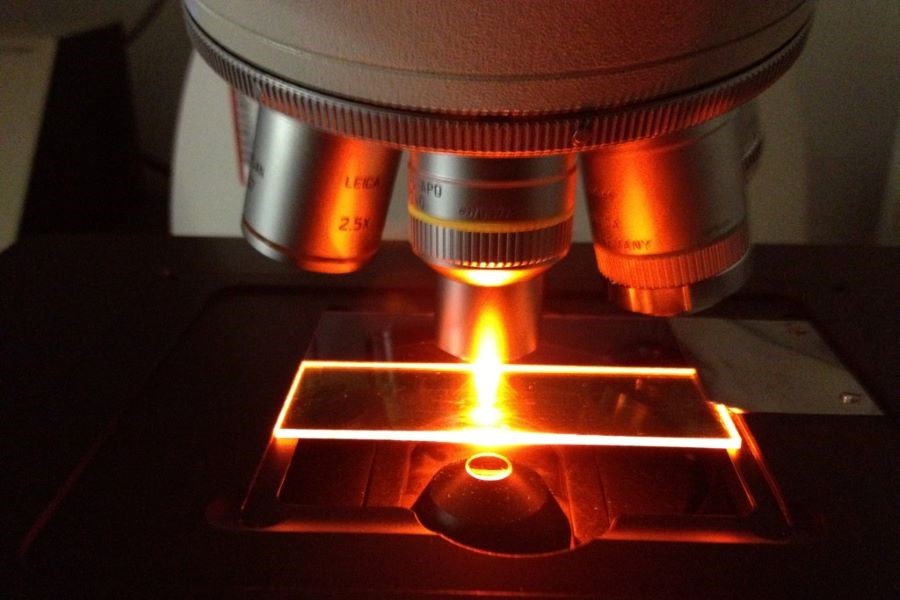
Hematopathology Fellowship Applications
We are no longer accepting applications for the 2026-2027 academic year. If you have questions, please contact Dani Blum at dablum@unmc.edu.
